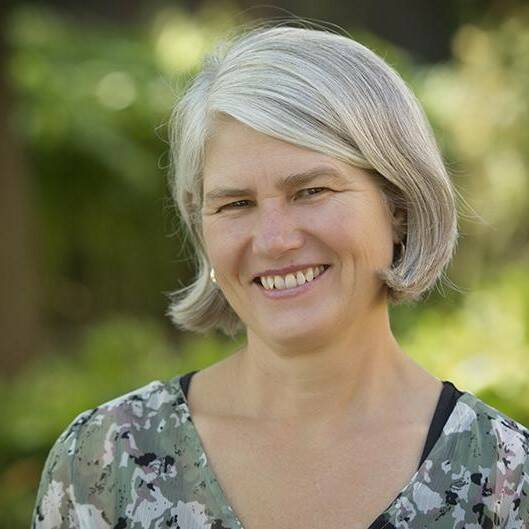National research network created to reduce nitrous oxide emissions

A new research network called CANN2ONET has been tasked with finding ways to reduce Canada’s emissions of nitrous oxide.
Read Also

Ontario funds cybersecurity upgrades for agriculture organizations
Qualified local agriculture associations and marketing boards could receive funds for cybersecurity upgrades. Ontario’s Cybersecurity Preparedness Initiative will provide up…
It will use $7.9 million in funding from the Sustainable Agriculture Research Initiative.
The network spans several universities and colleges across Canada and has partners from industry, government and producer organizations. It will be led by University of Guelph professor Claudia Wagner-Riddle.
“What’s unique about CANN2ONET is that we’re bringing together a variety of experts, those who study emissions, farmer behaviour and can recommend new policies,” Wagner-Riddle said in a release.
“With all these partners, we can improve agriculture production and provide information that farmers need to better manage their nitrogen and quantify the level of sustainability.”
Several other U of G researchers are involved as co-applicants in five other projects and were also granted funding under the initiative.
“Our collaboration with these stakeholders and leading Canadian academic institutions will provide the science-based evidence needed for reaching greenhouse gas reduction targets,” said Wagner-Riddle.
N2O emissions are sporadic and unpredictable, which makes measurement a challenge. New measurement sites, which the network will develop, are needed in some areas of Western Canada, the release said.
Buy-in from everyday farmers is crucial to support any recommendations. Behavioural factors, studied in partnership with natural and social scientists, as well as economic trade-offs, will be part of any proposed strategies.
The network aims to guide improved agricultural practices to reduce nitrogen use across Canada, the release said. Benchmark studies will measure N2O emissions in fields year-round and improve methods to track them. Strategies and policy priorities will be based on best practices from each region studied.
The network will link expertise, infrastructure and equipment across Canada to build responsible nitrogen use and nutrient stewardship, the U of G said in a release.
The project fits into Wagner-Riddle’s broader research aims, which focus on understanding and effectively measuring greenhouse gas emissions and ways to reduce them.
“Nitrogen is an essential nutrient for crop growth,” Wagner-Riddle said. “We’re looking forward to having the right policies in place, to tracking and quantifying our progress towards reduction targets and to helping farmers improve their bottom line.”
Source: Farmtario.com

